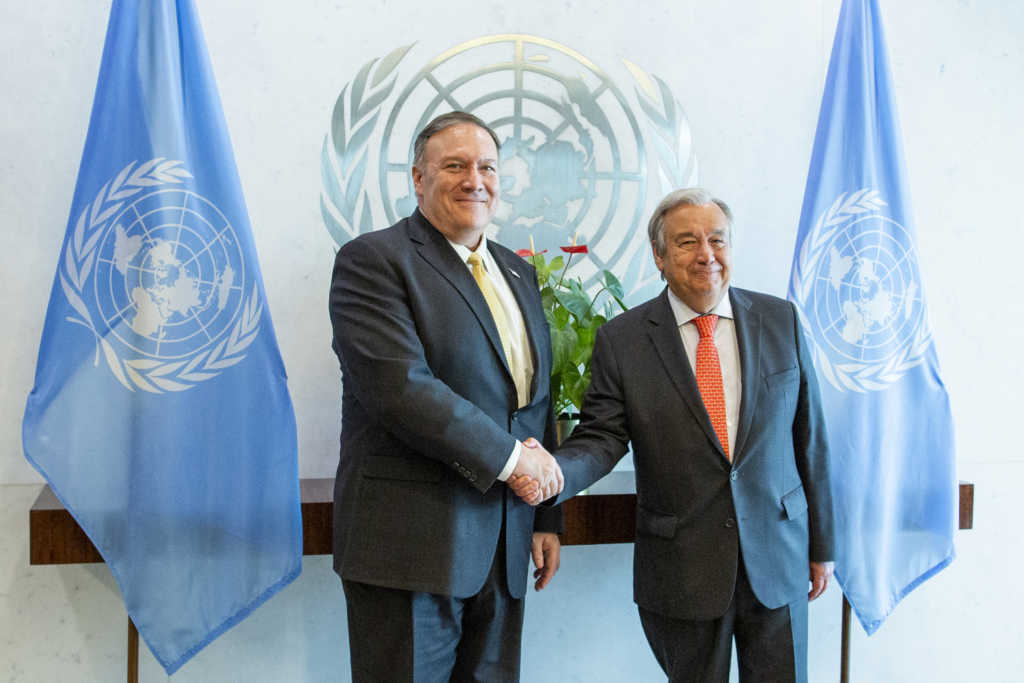The United Nations has held an inaugural event to show solidarity with people across the world who face violence on account of their personal religious beliefs.
The first-ever “International Day Commemorating the Victims of Acts of Violence Based on Religion” was observed August 22 in response to “an increasing number of attacks against individuals and groups, targeted simply because of their religion or belief, around the world,” the United Nations explained.
The persecution of Christians, particularly across the Middle East and Africa, has increased exponentially in recent years. Despite a lack of mainstream media coverage, Faithwire has been reporting diligently on the almost-daily instances of violence besetting the Christian community across the globe.
“On this Day, we reaffirm our unwavering support for the victims of violence based on religion and belief,” UN Secretary-General, António Guterres said in a statement marking the day. “And we demonstrate that support by doing all in our power to prevent such attacks and demanding that those responsible are held accountable.”
The top UN official went on to say that, “Jews have been murdered in synagogues… Muslims gunned down in mosques… Christians killed at prayer.”
While religious persecution and violence are increasing across the globe, the West African nation of Burkina Faso is one country that has seen an unparalleled and uptick in violence against Christians at the hands of Islamic extremists. The statistics speak for themselves: in 2016, there were just 12 jihadist attacks, in 2017 there were 33 and in 2018 it ramped up to some 158.
Recognizing the need for action in the fight against religion-based violence, the United Nations touted its two-pronged approach to tackling the troubling issue. Firstly, with the launch of a “Plan of Action on Hate Speech,” and, secondly, through its Plan of Action to safeguard religious sites.
The latter, which appears to offer some more practical solutions to help those suffering persecution, is being headed up by Spanish diplomat Miguel Ángel Moratinos. Outlining the plan at a conference in July, Moratinos explained that it would contain “concrete and action-oriented recommendations that can help ensure that religious sites are safe and that worshipers can observe their rituals in peace.”
Guterres added that the best remedy to religious persecution and violence is to “unite our voices for good, countering messages of hate with messages of peace, embracing diversity and protecting human rights.”
The European Commission issued a statement on the day, noting, paying “tribute to all those around the world who lost their lives and suffered attacks because of their religion or belief.”
“Persecution as a response to religious belief or affiliation, or lack thereof, is a violation of international law and requires joint work to combat it,” the Commission added.
In May of this year, a report commissioned by British Foreign Secretary Jeremy Hunt concluded that global Christian persecution is now so severe that it is close to reaching the international definition of “genocide.”
The study, overseen by Bishop of Truro the Right Reverend Philip Mounstephen, discovered that one in three people suffer from religious persecution, with Christians being the most oppressed of them all.
“The inconvenient truth,” the report reads, is “that the overwhelming majority (80%) of persecuted religious believers are Christians.”



